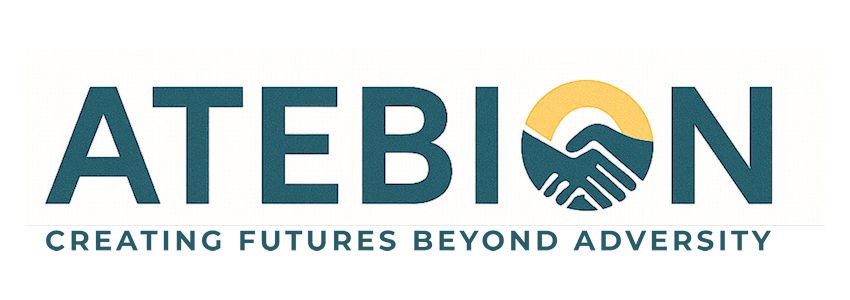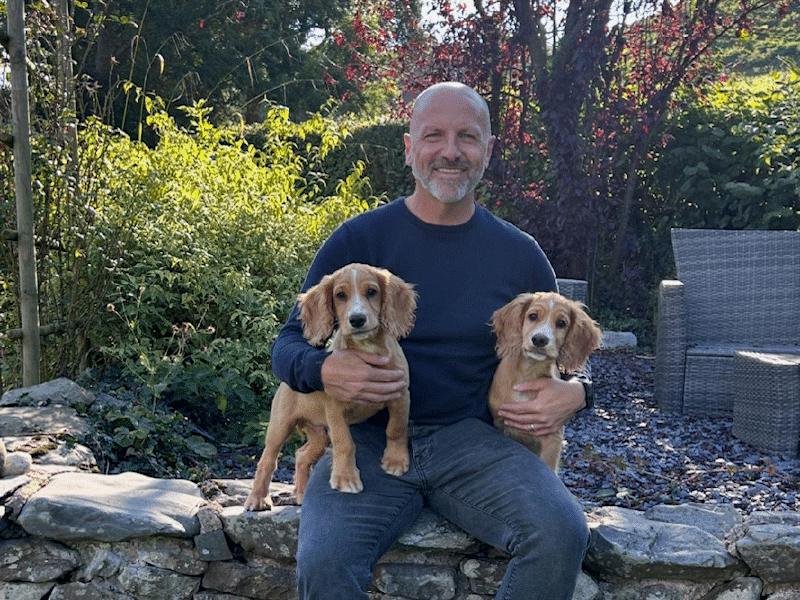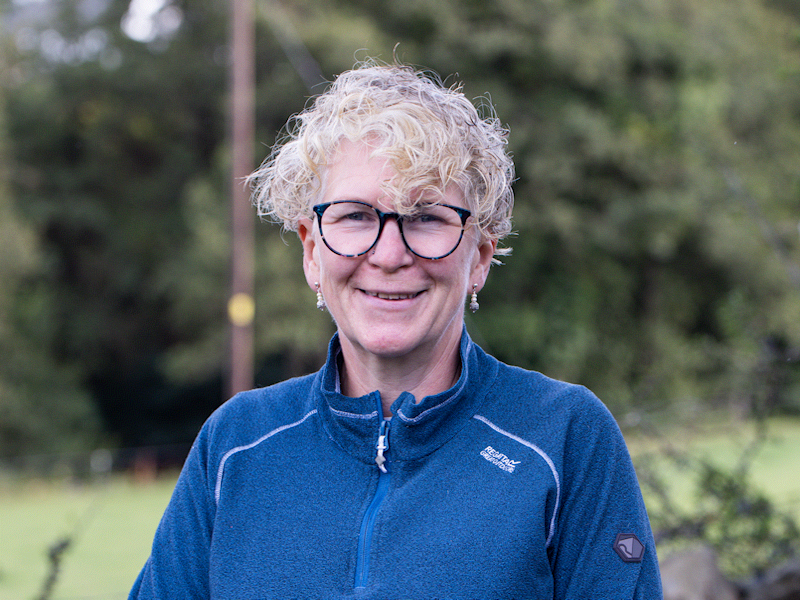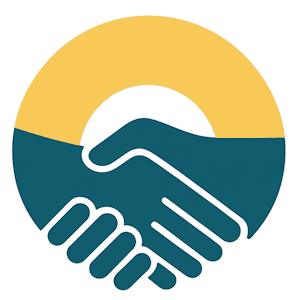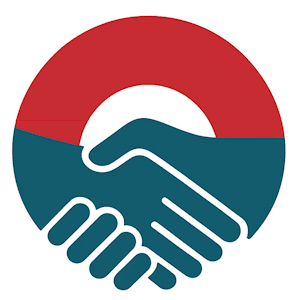Recovery is a process that generally takes a long period of time and requires sustained effort. It is something done by the person, not by a practitioner, and it occurs in the person’s community. Relationships are key to recovery.
When a person leaves treatment, they often return to the same state of disconnection that contributed to the development of their addiction. Moreover, treatment rarely offers an opportunity to heal from past traumas or other adversities. The person is often not accepted by so-called ‘normal’ society, still being considered a ‘junkie’ or ‘alky’ by some people in their environment. Relapse is often a reflection of the wrong type of ‘soil’ for growth in the community to which they have returned.
Recovery requires conditions in which healing can take root and be sustained. Conditions of safety, belonging, and connection. An opportunity to be empowered and gain a sense of agency, and the hope of a better future.
Atebion’s Healing Circle recognises that disconnection is the soil in which addiction, trauma, and despair flourish. Connection is the soil in which recovery, healing, and hope grow. The Circle affirms that individuals, families, and communities possess untapped assets, strengths, and resilience that can be nurtured. Healing is not the imposition of external fixes, but something that comes from within the person and is cultivated by interactions within their social environment.
